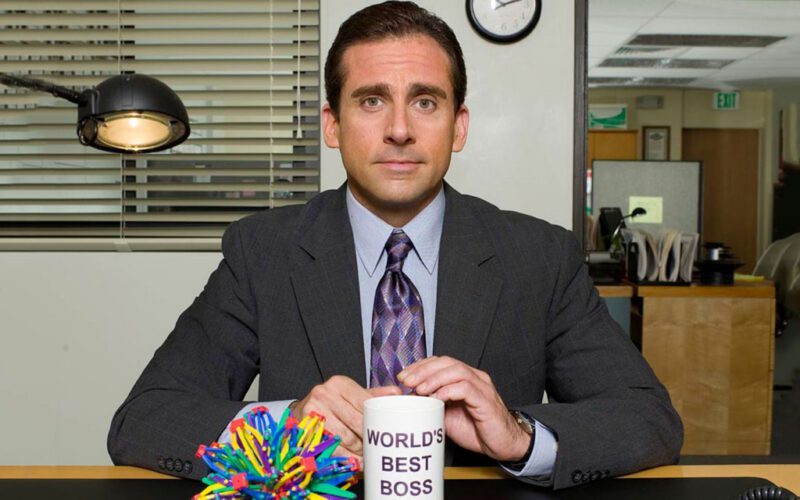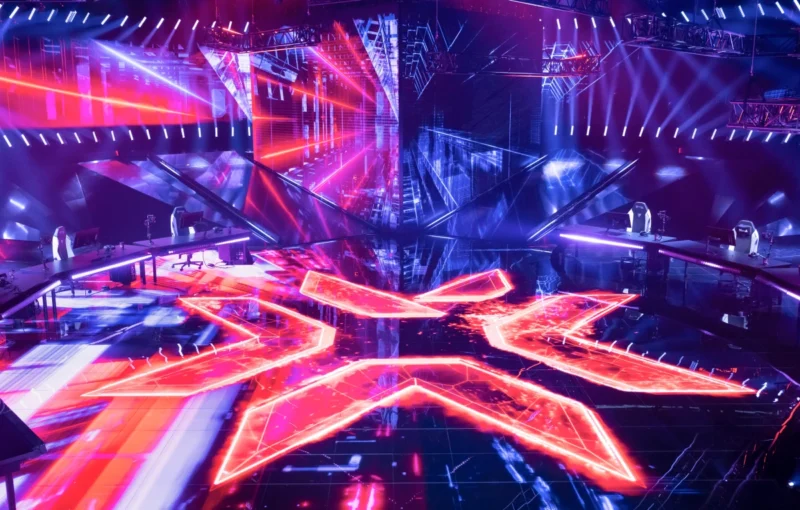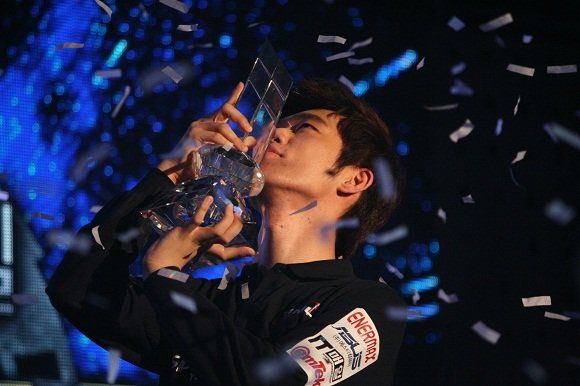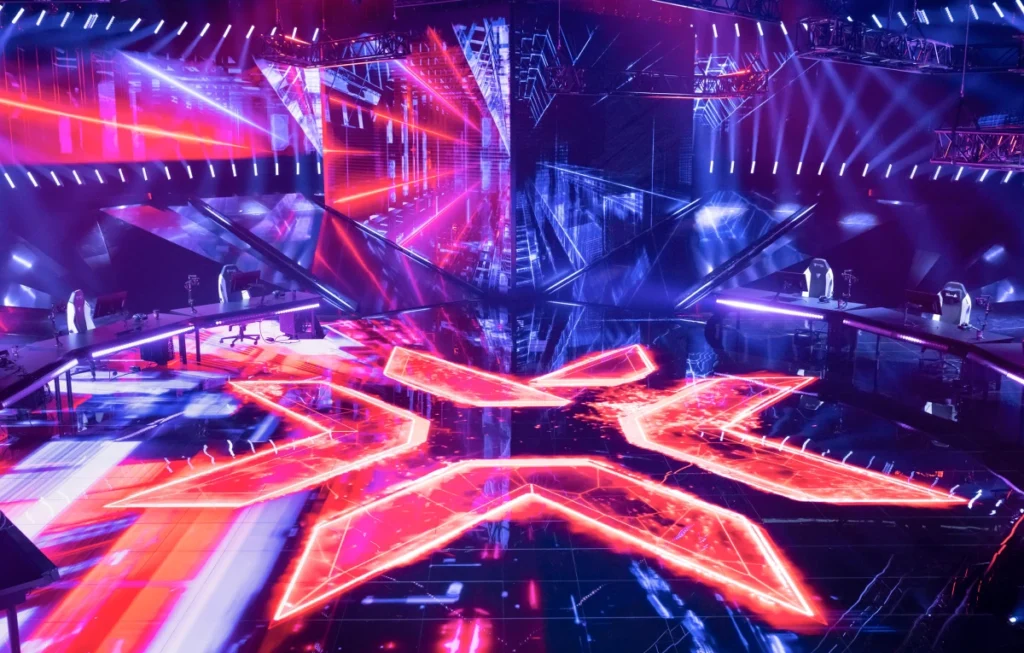„Any man who must say, ‚I am king‘, is no true king at all.“
Tywin Lannister in George R.R. Martin’s „A Storm of Swords“
Esports is full of people with big ambitions. That’s good. But how do we know what these people are actually capable of? What are the metrics we judge them by? As I am working more and more in human resources over the past couple of years and spend more time hiring, I often ask myself the question how to separate the wheat from the chaff. I don’t have a definitive answer, but here are some of my thoughts when it comes to scouting the right people in the esports industry.
One benefit when it comes to esports, is that there is a sizeable overview of known people in the industry. When you’ve been working in the industry for a few years, you have a good overview of who is who in your region. That means if someone stands out, chances are you probably heard of them already. If not, you will likely know someone you can ask about that person applying for a job. A lot of times, this is how hiring is done, strictly by referral of other people within the industry. But being referred by someone you know, doesn’t mean the candidate is the right fit for you.
The first thing we check with every hire, is their CV. What are the experiences of the applicant and what have they achieved in the past. The biggest red flag for me in hiring, is if there are any mismatches between the application letter or the applicant’s public profiles and their CV. This is a nice way of saying that I am checking if they’re lying with their experience. Unfortunately this happens often enough. In the past two years while hiring for numerous positions, I had to discard around 15 to 20% of CVs because of mismatching information which is a lot. Esports is all about results and being at the top of the game, and unfortunately there are applicants who want a (new) job in esports who just add some experience to their CV, even though that experience isn’t there.
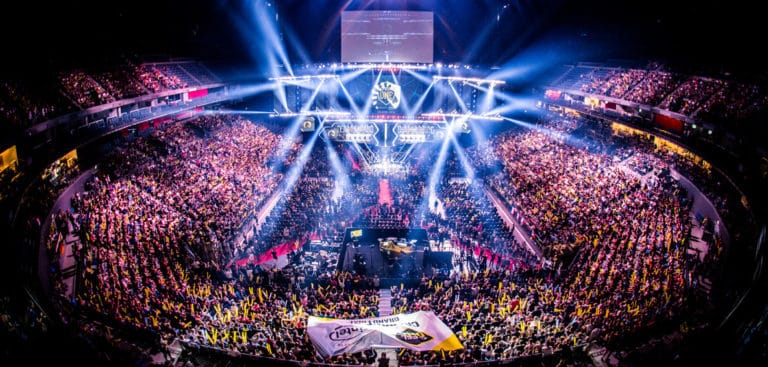
Well a little lie never hurt anyone and it seems to be really hard to get into esports, especially if it is a tight community that is not very open to newcomers. We read everywhere that companies want young employees in their 20s with 15+ years of experience, so why is this a big deal in hiring?
1. Actual Experience: Some positions in esports require some special experience. That is true for any industry. Depending on the position, managers have to deal with players, the most important asset of any esports organization. These players are often minors and it requires some extra finesse to deal with them on a daily basis. Can these skills be learned? Sure. But imagine you just hired someone who told you they’re capable of the job and then aren’t. You think everything will be fine and in reality it isn’t while your new hire is absolutely overwhelmed. I don’t know about you, but I would rather have someone less experienced who was honest during the hiring process that they will need assistance to find their footing.
2. Culture: Building a functioning company, especially in esports is about building the right culture in which everyone can thrive and develop further. This is why it is so important to have the right people on board, not only in regards to lying during the application process. Even if experience is legit, if people are constantly boasting about their past experience or resting on it, they might not be a good fit. We all want to hire smart people. Not resting on your past, being honest, humble and continuing to learn new things is the smartest thing we can all do.
3. Cost: This is the obvious one everyone was waiting for me to get to, right? Hiring wrong is expensive. Not only because we potentially lose money on a position, but also on the various projects that person is supposed to work on. Starting a new hiring process costs again when we have to take the time away from our schedules to sit in interviews and do it all over again.
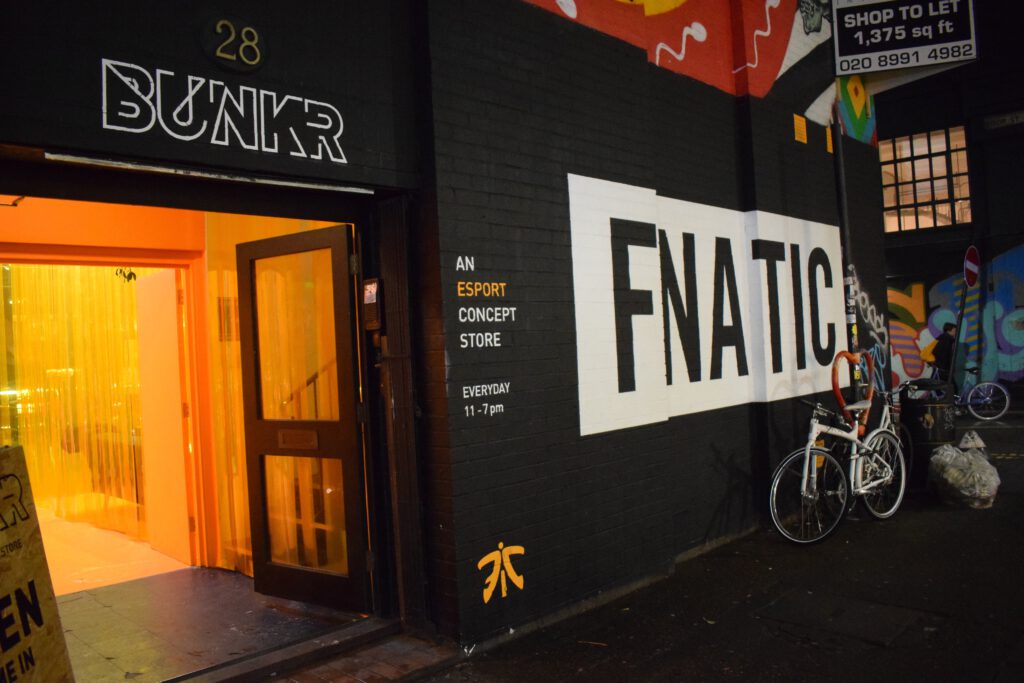
So what can we do?
We all want to hire smart people. Not resting on your past, being honest, humble and continuing to learn new things is the smartest thing we can all do.
I don’t have the ultimate solution, but I think it is important that we spend more time on the hiring process to get the best candidates out of hiring. And the best candidates often aren’t the ones with the seemingly most loaded CV and definitely not the ones boasting about their experience. In my opinion, the real g.o.a.t. hires are the ones with a good base of experience who are most willing to learn and evolve. As I said, we all want to hire small people and let them through our door. The smartest person in the room is often the quiet one soaking everything in and trying to learn as much as possible to build on their extensive skills. These are the people we should open our doors to.
